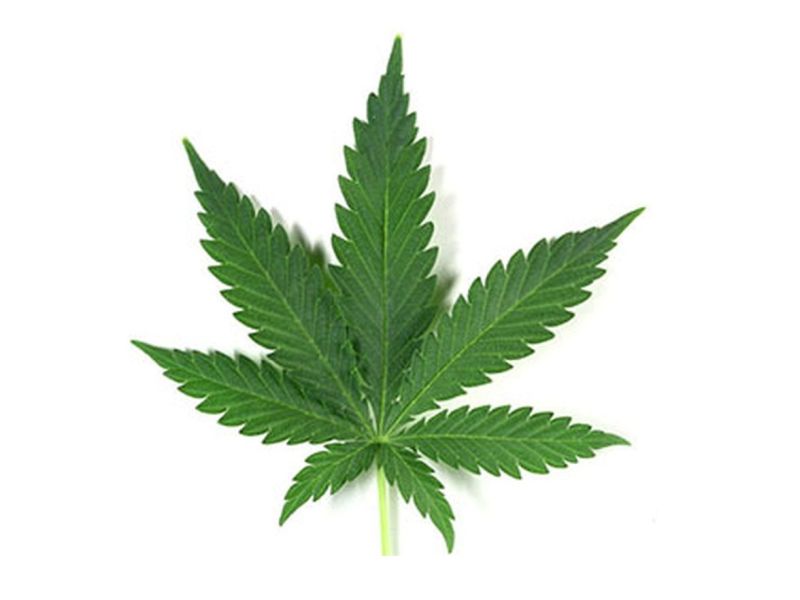
MONDAY, Aug. 15, 2017 -- Marijuana may be slightly effective at reducing chronic nerve pain known as neuropathy. But there's little evidence on whether or not pot helps treat other types of pain or post-traumatic stress disorder (PTSD), a pair of new studies suggests.
The findings on neuropathy "fit generally well with what we know," said Dr. Sachin Patel of the Vanderbilt Psychiatric Hospital in Nashville. Patel wrote a commentary accompanying the review in the Aug. 15 online edition of Annals of Internal Medicine.
Medical marijuana is legal in almost all states and the District of Columbia for certain medical purposes. Some states may have laws that haven't yet been implemented, according to NORML, a pro-marijuana legalization group.
Related
But research into the medical uses of marijuana remains controversial. Plus, it's difficult for scientists to study the drug because it is illegal on the federal level.
However, some research has found positive results. Earlier this year, the National Academy of Sciences released a report saying there is conclusive or substantial scientific evidence that marijuana is effective at treating chronic pain, calming muscle spasms caused by multiple sclerosis, and easing nausea from chemotherapy.
The new reviews into pain and PTSD were commissioned by the U.S. Department of Veterans Affairs. The department refused to allow the authors of the reviews to be interviewed to discuss the findings.
Curt Cashour, a spokesman for the department, declined to provide any comment about the reviews.
However, Cashour did provide a written statement with a comment from David Shulkin, the secretary of the Department of Veterans Affairs. The statement said the VA system will not prescribe medical marijuana although "there may be some evidence that this is beginning to be helpful."
For the review of research into chronic nerve pain and marijuana, the researchers examined 27 studies. The investigators determined that there's "low strength" evidence that marijuana can help nerve pain. But there's just not enough reliable research to come to a conclusion about whether marijuana is useful for other types of pain, the study authors determined.
The researchers also looked at 32 studies and 11 reviews of research on side effects. They noted several potential risks of marijuana use such as car accidents, psychotic symptoms and "short-term cognitive impairment."
However, the review noted that research into risks and side effects is limited.
The researchers said their findings may have "limited applicability to older, chronically ill populations and patients who use cannabis heavily."
Paul Armentano, deputy director of NORML, said the review findings are consistent with other research reviews. He added that the findings are also consistent with "anecdotal reports of patients, many of whom are seeking a safer alternative to the use of deadly opioids. And it is inconsistent with the federal government's classification of the marijuana plant as a schedule I controlled substance with 'no currently accepted medical use in treatment in the United States.' "
In the second review, researchers looked at three studies and two reviews of marijuana as a treatment for PTSD. The investigators found only a very low level of research. In addition, they said, the research had a "medium- to high-risk of bias."
There's no way to come to conclusions based on the few studies currently available. But "several ongoing studies may soon provide important results," the study authors wrote.
Why is there so little research into medical marijuana?
"Much of the lack of evidence may have to do with difficulty accessing cannabis and funding for clinical studies," Patel said.
NORML's Armentano said anti-pot laws and politics have "greatly impeded researchers' ability to conduct the sort of robust, large-scale, prolonged clinical trials that are typically associated with eventual U.S. Food and Drug Administration drug approval."
Armentano added that most large studies are funded by pharmaceutical companies trying to get a drug to market.
Patel advised patients to be cautious about medical pot.
"Just because states list certain conditions for which medical cannabis can be prescribed does not mean there is strong or rigorous scientific data supporting its use," he said.
Patel advised doctors to "follow the data and inform patients about the state of the evidence. Make sure patients are aware of potential benefits, but also potential harms."
More information
The U.S. National Institute on Drug Abuse has more about medical marijuana.
Copyright © 2017 HealthDay. All rights reserved.














